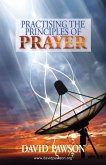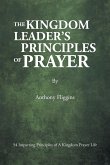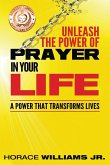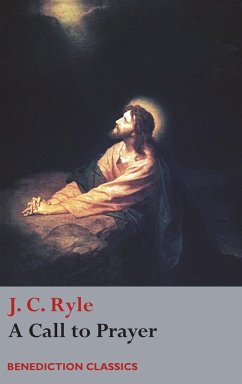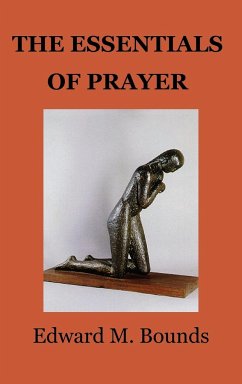"Finney's spiritual experience has become for many an ideal of Christian aspiration ... his ability to prevail with God in prayer and with men in the pulpit were extraordinary." - Christianity Today. "He sought to reach the will through the mind. He believed that a commitment rooted primarily in emotional excitement was simply a confirmation in sin because it increased the will's bondage to feeling." -- Christianity Today. ¿Charles Grandison Finney (1792-1875) is considered America's greatest revivalist, being credited with conversion of about half a million people, over one percent of the population of the United States in his day. Finney was a leading figure in the Second Great Awakening, which made America the most religious country in the world. His Rochester revival of 1830 was called "the greatest work of God and the greatest revival of religion that the world has ever seen in so short a time." Indeed, religion was the topic of conversation in the house, in the shop, in the office and on the street, and it is said that Rochester's jail was empty for years afterwards. Finney's influence on America went beyond religion. He was a committed abolitionist, a promoter of women's education, a professor of systematic theology and the second president of Oberlin College. Perry Miller, Pulitzer Prize winner and Harvard historian, asserts that it was not Jefferson, Madison, or Monroe who led America out of the eighteenth century but Charles Grandison Finney. Power from on High: Finney asserts that many Christians, and even Christian leaders, lacked "power from on high." In his view, "the baptism of the Holy Spirit" is more than speaking in tongues, but also, and more importantly, it is the ability to live lives of increasing holiness. In this book he describes what it is, how to receive it, what the impediments are, and how to live by it. Principles of Prayer: Finney credited the remarkable revivals he was responsible for largely to prayer. These lectures are his clear concise guide to prayer. In these brief intensely practical much-loved works, Finney writes with the concise precision of a lawyer and the power of one extraordinarily transformed by prayer and the baptism of the Holy Spirit.



